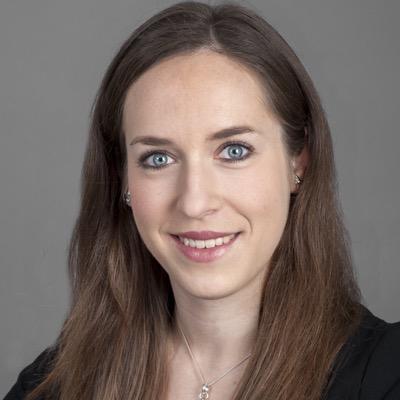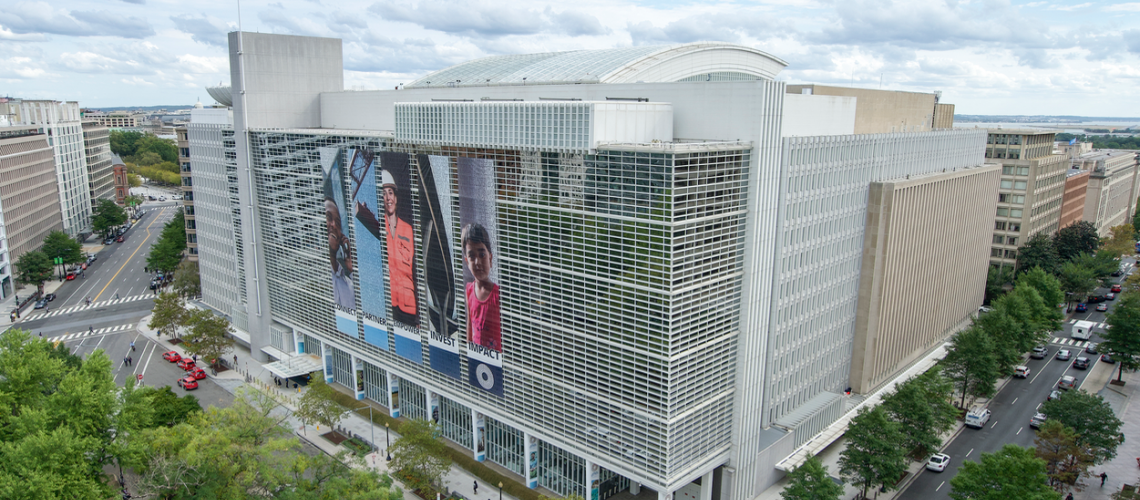At the August 2020 monthly meeting of the Movement for Community-led Development, we were pleased to hear from two organizations that facilitate communities in holding international financial institutions accountable: Alexandre Sampaio from the International Accountability Project (IAP) and Birgit Kuba from the World Bank Inspection Panel (IP).

Alex highlighted IAP’s efforts to compile information about major upcoming international development funding that may affect communities and their human and environmental rights, citing the importance of providing actionable information to communities.

Birgit detailed the process of submitting requests for the IP’s inspection of a specific project, and used a relevant example from Uganda to demonstrate how the IP works to support communities, measure harm, and recommend next steps to the main arm of the World Bank.
Through these discussions, we gained a better understanding of MCLD’s role in supporting accountability initiatives. By drawing on our network of highly motivated CSOs/NGOs working within communities, MCLD can help connect communities facing human rights violations as a result of development projects with international actors who can accompany them. Communities can use accountability as a tool to have a voice in major development projects affecting their human rights. Based on our final poll, most members prefer to continue these conversations at their regional or national level to determine how they can support accountability initiatives in their communities.
Take-aways:
- Accountability initiatives must have more local facilitators. Local NGOs/CSOs with the trust of communities are often the only actors who can connect communities affected by development projects with international accountability mechanisms (IAMs) — such as the World Bank Inspection Panel — or international technical organizations, such as the International Accountability Project and Accountability Counsel. Local organizations are best placed to accompany communities and overcome common communication challenges between international actors and community change agents.
- IAMs must protect (and be seen to protect!) communities against retaliation for submitting complaints. Communities will only submit complaints if they know they can trust the IAM to prioritize their safety and take serious precautions. Communities are empowered to know what precautions are possible and insist on using them when working with an IAM. For example, the IP published Retaliation Guidelines for monitoring risks; protecting confidentiality through preventative measures, including using secure communication and interview methods; and responding to retaliation should it occur.
- As always, communities must have the resources to lead. International organizations should prioritize making information available, accessible, and actionable for change agents. While development projects often seem complex and distant from the people who are affected by them, a network like MCLD is perfectly placed to connect communities seeking to use accountability mechanisms with the international actors who can support their efforts. By pairing up with our grassroots NGOs/CSOs, actors like IAP can properly leverage tools like the Early Warning System to get communities the information they need to lead their accountability initiatives.
To view or download the presentation decks, click on the >> icon at right.


